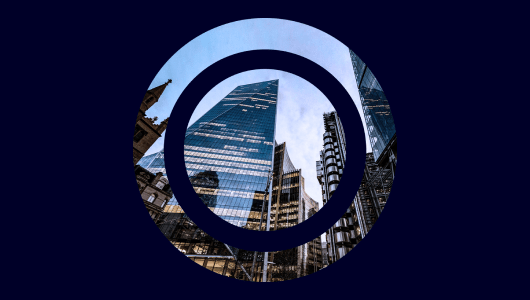
Delivering Infrastructure Transition in the Middle East


How can infrastructure transition strategies help the Middle East meet decarbonisation targets?
Infrastructure is responsible for 79% of total greenhouse gas emissions and 88% of adaptation costs globally. It is therefore vital that policy makers and industry leaders find pathways towards cleaner, smarter infrastructure in order to meet sustainability targets. The Infrastructure Transition Monitor conducted by FT Longitude and Siemens indicates that respondents in the UAE and Saudi Arabia believed that energy transition progress is slower than in other nations. Sustainable infrastructure transition will be a major focus on a global level during COP28 where a full day will be dedicated to cities and infrastructure.
The survey also showed that the region rated international collaboration and private capital investment higher than the global average, indicating that leaders place higher importance on accelerating transition than those in other regions. However, it is vital that the scope, complexity and urgency of the transition is reflected in action. Infrastructure transition strategies must be integrated intelligently, rapidly and with the view to go beyond decarbonisation if they are to succeed. These plans must offer efficiency and socio economic benefits and find innovative ways to create long term value.
This briefing hosted by the Financial Times, in partnership with Siemens, will explore the challenges and opportunities of infrastructure transition across energy systems, mobility and buildings in the Middle East. Policy makers and business leaders will discuss the role of green energy, urban decarbonisation and investment, with a focus on outlining practical strategies.
Key Discussion Points
Decarbonisation
How can existing buildings be decarbonised? What challenges do high power usage and the necessity of air conditioning pose?
Renewable Energy
What is the next step in the adoption of renewable energy in the Middle East? What challenges remain in convincing nations to move away from oil which is in such abundance in the region?
Investment
How important is the UAE and Saudi Arabia’s significant investments into clean energy, primarily nuclear and solar, going to be in underpinning the infrastructure transition?
Why Attend?

Understand
The big picture, not just the individual strands of the business you work in

Discover
New approaches and strategies to help win market share
We’re Here To Help
© Financial Times Live
FT Live and its journalism are subject to a self-regulation regime under the FT Editorial Code of Practice
